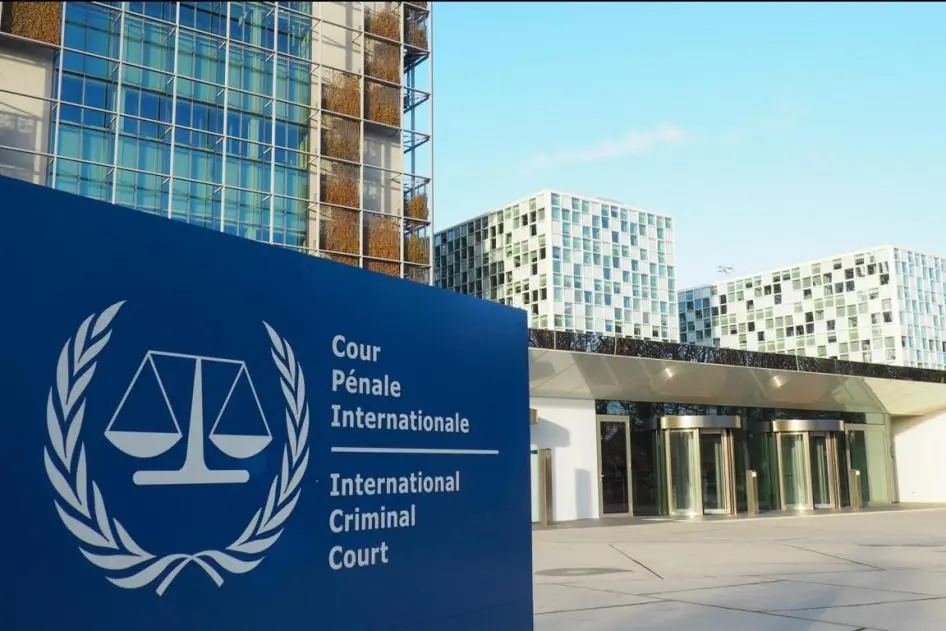The Ministry has launched the Qatar Freight Master Plan to support the government’s Third National Development Strategy.
Qatar’s Ministry of Transport (MoT) announced its latest strategy to contribute to making Qatar a global hub for shipping, transportation and logistics services.
The details of a new Freight Master Plan (QMFP) for land freight operations were revealed in a communique published on Sunday by the transportation office.
The QMFP was devised to meet the rapid demands of Qatar’s economic development, which continues to attract a global flow of goods and services into the Gulf state.
To maintain this smooth movement of supply chains and trade lines in Qatar, the QMFP outlines up-to-date policies, regulations and standards that will not only uphold the safety and security of land freighting, but also enhance its efficiency.
Another goal of the plan is to also integrate the air and sea freight transportation sectors.
According to the MoT’s communique, these national policy proposals are meant to support projects and schemes through to the horizontal year of 2050.
Qatar’s Transport Minister, Jassim Saif Ahmed Al Sulaiti, said that the department’s QMFP will support the objectives of Qatar’s Third National Development Strategy (NDS3).
NDS3 is based on seven strategic national outcomes, including achieving sustained national economic growth and fiscal sustainability. The strategy also prioritises preparing the nation’s citizens and expatriates to become a future-ready workforce.
Further, the government roadmap also anchors fostering community cohesion, provisions for a good quality of life, environmental sustainability and government excellence as being vital for Qatar’s future.
To this end, Al Sulaiti said that QMFP will, “meet the requirements of economic diversification clusters for logistics and shipping services.”
He added that this is one of the plan’s most important outcomes as the transport office seeks to bolster “Qatar’s position as a global hub for shipping, transportation, and logistics services.”
The MoT’s statement also emphasised the need for traffic regulation amid burgeoning local freight demands. To regulate the impact of truck movement on everyday traffic, freight routes and a geographic information system have been developed as part of the QMFP.
Echoing his colleague’s sentiment, the MoT’s Acting Assistant Undersecretary for Land Transport Affairs, Hamad Essa Abdulla said: “The QFMP contributes to meeting the growing demand for goods and services in Qatar, safely and reliably.”
Abdulla added that over the next thirty years, the plan will reinforce “Qatar’s position as one of the world’s most sustainable countries in terms of providing innovative transportation solutions that support the national economy and serve as a legacy for rising and future generations.”







